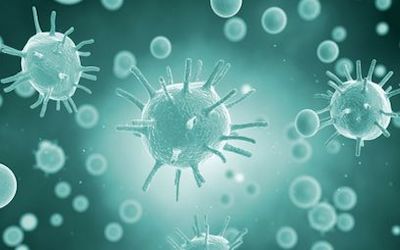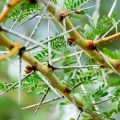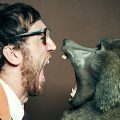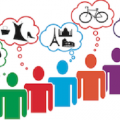PTE考生目前最大的问题之一就是练习题缺乏。除了有限的基本官方书(PLUS,Testbuilder, OG)之外就没有题了。很多英语基础不是很扎实的同学很难找到练习材料。悉尼文波雅思PTE培训学校专门为澳洲,尤其是悉尼、墨尔本的PTE考生准备了适合PTE听力阅读练习的科学60秒。各位PTE同学可以练习PTE听力中的summarise spoken text和PTE口语中的retell lecture,练习记笔记技巧和复述。
听力内容:
60秒科学节目(SSS)是科学美国人网站的一套广播栏目,英文名称:Scientific American – 60 Second Science,节目内容以科学报道为主,节目仅一分钟的时间,主要对当今的科学技术新发展作以简明、通俗的介绍,对于科学的发展如何影响人们的生活环境、健康状况及科学技术,提供了大量简明易懂的阐释。
This is Scientific American — 60-Second Science. I’m Steve Mirsky.
“As you know, asthma is a very prevalent disease in our society now. It wasn’t so 50 years ago. And we now realize that the very early life microbes seem to have set you up or not for asthma.”
Microbiologist Brett Finlay, from the University of British Columbia. In a study of Canadian infants, his team found “at
three months of age, which is a really tiny little kid, there are four
microbes, if you had these four microbes you had very very low risk of getting asthma, if you didn’t have these
microbes you were
at very very high risk of asthma.”
Finlay spoke February 17th at the annual meeting of the American Association
for the Advancement of Science in Boston. Where he also discussed a recent follow
up study among kids in rural Ecuador.
“And a big risk factor associated with asthma whether they had potable,
clean water. So ironically the kids that got the clean water had higher asthma rates than
the kids that had the dirty water. Now that makes sense in terms of microbial acquisition…it makes sense but I must admit I was surprised to see that, you’d think if we clean the water up
that’s good for the world…this is all part of the big ‘hygiene hypothesis’…I say we’re suffering from a hygiene hangover, we have cleaned our world up too much, and we’re just not getting
the microbes that our grandparents got. And as a result that’s affecting many, many of
the diseases that we experience in our society that we didn’t experience a hundred years ago…”
“And one of the things that I’m starting to realize is that maybe these
microbes are actually endangered species and you think about your great grandkids, they’re gonna
have very different microbes than you do and as we urbanize more and more our
microbes become less diverse. And anyone that knows ecosystems, that’s not good, you want large
diversity in rainforests, same as your microbes. So there are people that are bio-banking things, I’m not suggesting that maybe you should bio bank your poop now and give it to your great grandkids, I don’t know. But…I worry we’ve gotten too clean and we have to ease off a bit…because we’ve taken a piece of our evolution right out of our bodies. We’ve evolved
with these microbes all along, and they’re just not there anymore and I think we’re starting to see
the effects in these diseases.”
Thanks for listening for Scientific American — 60-Second Science Science. I’m Steve Mirsky.
墨尔本悉尼霍巴特文波PTE原创首发
更多精彩请持续关注微信wenbo_tv3。





